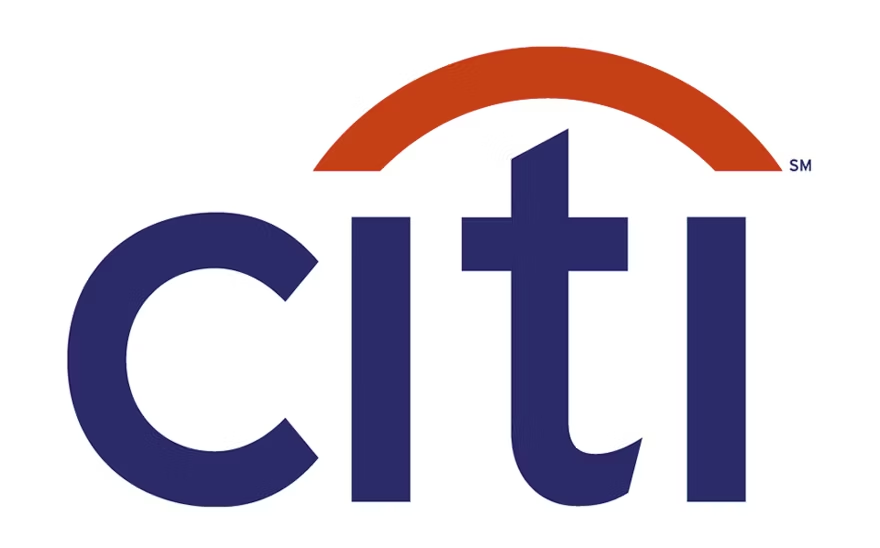Understanding Business Cell Phone Plans
Business cell phone plans are essential for companies of all sizes. They offer benefits like cost savings, streamlined communication, and enhanced productivity. Selecting the right plan can be a game-changer for businesses looking to stay connected.

Key Features to Consider
When evaluating business cell phone plans, focus on features that cater to your company’s needs. Primary considerations include data allowances, call and text limits, international capabilities, and special business-specific perks. Understand your usage patterns to choose the best fit.
Data Allowances
Data usage is crucial in the modern business landscape. Many plans offer varying degrees of data—from a few gigabytes to unlimited options. Determine your company’s data needs based on activities such as emailing, video conferencing, and cloud-based tasks. Unlimited plans can prevent overage charges and ensure continuous workflow.
Call and Text Limits
Call and text limits can impact communication efficiency. Look for plans offering unlimited calls and texts to avoid unexpected costs. Consider the locations your business frequently contacts. Domestic unlimited plans can suffice, but international calls may require additional features or dedicated plans.
International Capabilities
For businesses with global reach, international calling and roaming are vital. Some providers offer affordable international plans or add-ons. Compare costs and coverage of these options. Analyzing your international communication needs will help in selecting a cost-effective plan.
Top Providers and Their Offerings
Popular providers like Verizon, AT&T, T-Mobile, and Sprint offer a range of business cell phone plans. Each has unique benefits tailored for different business needs. Here’s a closer look at their primary offerings.
Verizon Business Plans
Verizon provides reliable coverage and robust data plans. Their Business Unlimited plan includes unlimited data, calls, and texts. It also offers mobile hotspot services and access to 5G networks. Verizon’s reliability makes it a strong choice for businesses requiring strong connectivity.
AT&T Business Plans
AT&T offers flexible options suitable for small to large enterprises. Their Business Unlimited Enhanced plan includes unlimited data, calls, and texts with premium data and international perks. AT&T also provides mobile device management, which can be beneficial for overseeing company devices.
T-Mobile Business Plans
T-Mobile’s Magenta for Business plan is known for its affordability and 5G access. It offers unlimited data, calls, and texts with benefits like global coverage in over 210 countries. Features such as mobile security and customer service make it a strong competitor.
Sprint Business Plans
Sprint, now merged with T-Mobile, still provides distinct business plans. Their Unlimited Business plan includes unlimited data, calls, and texts. Sprint focuses on competitive pricing and additional perks like mobile hotspot data, making it appealing for budget-conscious businesses.
Cost Analysis
Cost is a significant factor in choosing a business cell phone plan. Analyze the total cost of ownership, including base plan prices, additional fees, and benefits. Look for bundled offerings or discounted rates for bulk lines to maximize savings.
- Base Plan Prices: Compare the monthly costs of different plans. Some may have lower base prices but charge higher fees for additional services.
- Additional Fees: Watch out for hidden costs such as activation fees, international roaming charges, and overage fees.
- Bundled Offers: Providers may offer deals for multiple lines or combining cell phone plans with other business services like internet or TV.
Contract Considerations
Contracts can vary in length and flexibility. Some plans offer month-to-month options, while others require long-term commitments. Understand the implications of each to avoid unexpected penalties or limitations.
Month-to-Month Plans
Month-to-month plans offer flexibility with no long-term commitments. They can be ideal for startups or temporary projects. While they may have higher monthly costs, the absence of a binding contract allows businesses to adjust plans as needs evolve.
Long-Term Contracts
Long-term contracts generally offer lower monthly rates in exchange for a commitment of one or more years. They can provide stability and predictability in billing. However, they may include early termination fees. Ensure the plan aligns with long-term business goals before committing.
Device Options and Compatibility
Choosing the right devices to pair with your cell phone plan is crucial. Ensure compatibility with the network and select devices that support necessary business applications. Providers often offer device financing options to ease upfront costs.
Smartphone Choices
Most business plans are compatible with a range of smartphones, including iPhones, Androids, and specialized business devices. Consider the operating system that best suits your business software. Security features and ease of use are also important factors.
Financing Options
Many providers offer leasing or financing options for business devices. This can spread out the cost over the term of your contract. Evaluate the total cost of ownership and any interest associated with financing before making a decision.
Security and Data Management
Security is paramount in a business setting. Look for plans that include robust security features to protect sensitive information. Providers may offer services like mobile device management (MDM) and advanced cybersecurity protocols.
Mobile Device Management
MDM solutions allow businesses to control devices remotely. This includes managing applications, securing data, and enforcing policies. It’s especially useful for businesses with many employees or those handling sensitive information.
Cybersecurity Features
Plans with advanced cybersecurity measures can prevent unauthorized access and data breaches. Features like encrypted communications and secure networks are critical. Consider the provider’s security protocols and how they integrate with your existing systems.
Customer Support and Service
Effective customer support can make a big difference. Reliable support ensures minimal downtime and quick resolution of issues. Compare providers based on the availability and quality of their customer service.
Support Availability
24/7 customer support can be crucial, especially for global businesses. Check if the provider offers multiple support channels, including phone, email, and live chat. The responsiveness of their support team can affect your business operations.
Quality of Service
The quality of customer service includes the expertise and efficiency of the support team. Look for reviews and feedback from other business users. A provider with high customer satisfaction is likely to be reliable and helpful.
Plan Flexibility and Customization
Businesses often require customized plans to meet specific needs. Flexibility in adjusting plans or adding features can be beneficial. Providers that offer tailored solutions can help optimize your communication infrastructure.
Scalability
As your business grows, your cell phone plan should expand accordingly. Consider providers that allow easy addition of lines and services. Scalability ensures that your communication needs are met without overpaying for unused resources.
Customized Features
Tailored plans might include industry-specific features or unique combinations of services. For example, a logistics company may need extensive GPS tracking, while a consulting firm might prioritize international calling. Customization can enhance efficiency and address specific business challenges.
Environmental and Ethical Considerations
Some businesses prioritize environmental sustainability and ethical practices. Providers with green initiatives or ethical business practices can align with these values. Research the environmental policies and corporate social responsibility (CSR) efforts of potential providers.
Green Initiatives
Look for providers that focus on reducing environmental impact. This can include energy-efficient data centers, electronic billing, and device recycling programs. Supporting green practices can enhance your company’s environmental responsibility.
Corporate Social Responsibility
CSR policies reflect a company’s commitment to ethical practices. Providers engaged in community support, fair labor practices, and charitable activities can resonate with businesses that value social impact. Evaluate the CSR reports or statements of providers.
Case Studies and Real-World Examples
Learning from other businesses’ experiences can guide decision-making. Case studies illustrate how specific plans have benefitted companies. These examples can provide insights into practical applications and outcomes.
For instance, a tech startup might highlight how an unlimited data plan enabled continuous development and customer support. A global retailer might showcase the importance of international roaming in maintaining supply chain communication. Real-world examples offer valuable lessons in plan selection and usage.
“`




Subscribe for Updates
Get the latest articles delivered to your inbox.
We respect your privacy. Unsubscribe anytime.